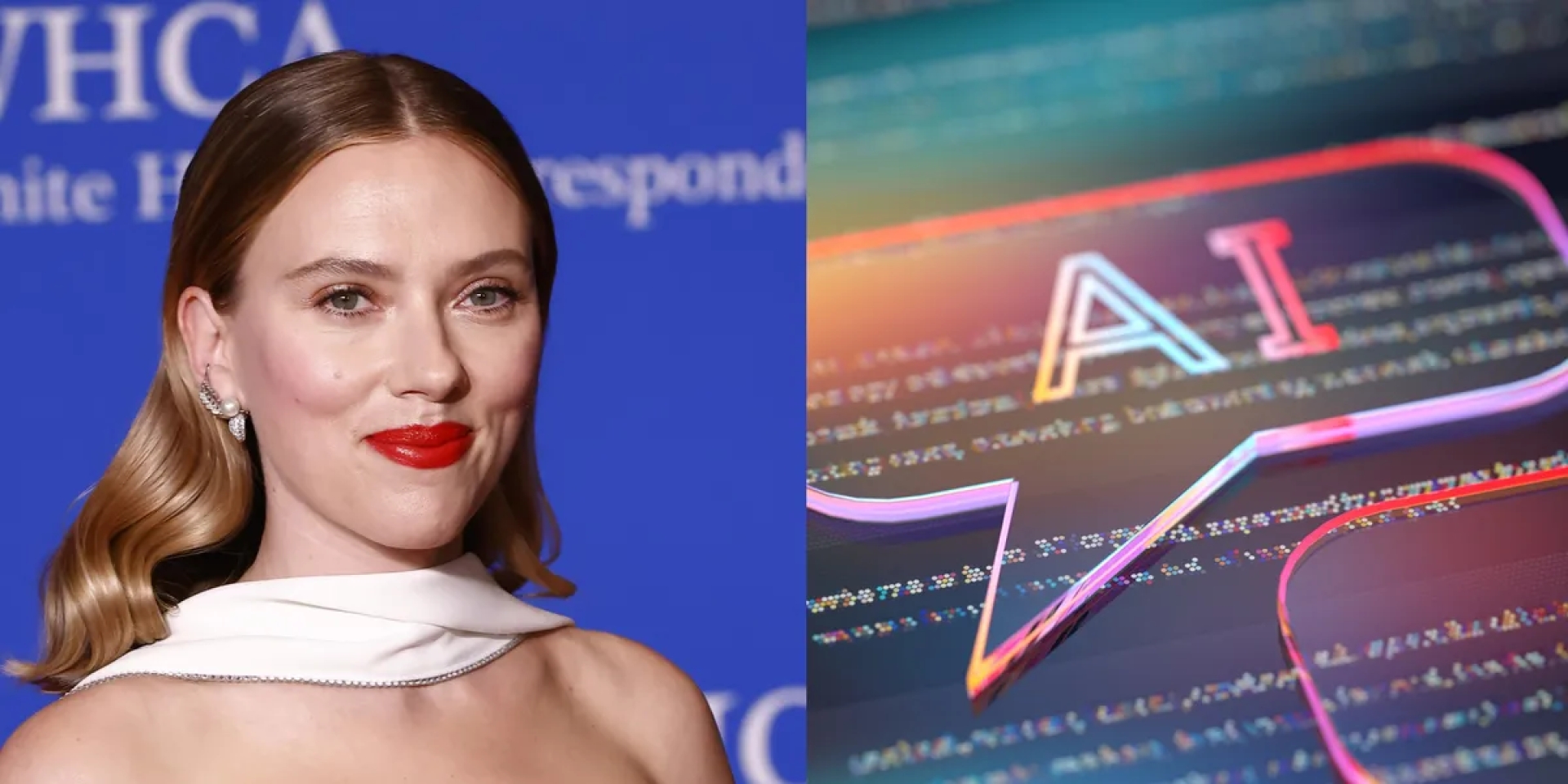Actress Scarlett Johansson has publicly condemned OpenAI’s new chatbot technology after discovering that the system was able to accurately mimic her distinctive voice.
In a strongly worded statement, the 38-year-old “Black Widow” star expressed her deep anger and discomfort over the AI’s ability to generate audio that sounds virtually indistinguishable from her own speech patterns and vocal timbre.
“I was shocked and frankly angry to learn that my voice is being replicated and used by this AI system without my consent,” Johansson said. “This is a brazen violation of my personal rights and artistic integrity.”
The concerns raised by the actress highlight the growing ethical quandaries surrounding the rapid advancement of generative AI technologies, which are now capable of producing highly realistic audio, text, and imagery that can be attributed to real individuals.
OpenAI’s latest chatbot, known as GPT-4, has garnered significant attention for its remarkable language capabilities, which include the ability to mimic the voices of celebrities and other public figures.
However, Johansson argues that the use of her voice without her permission sets a dangerous precedent that could have far-reaching implications for performers and content creators.
“As an artist, my voice is my livelihood. It’s my brand, my identity, and the basis of my craft,” the actress explained. “The fact that an AI system can now just take that and use it for their own purposes, without my knowledge or consent, is utterly alarming and unacceptable.”
Johansson’s concerns are shared by many in the entertainment industry, who fear that the proliferation of voice-cloning technology could lead to the unauthorized use of celebrity voices in a wide range of applications, from advertising to political propaganda.
“This is not just about me,” the actress stressed. “This is about the fundamental rights of all artists and the need to protect the integrity of our work. We cannot allow these AI companies to just steamroll over our creative autonomy and personal identities.”
In response to Johansson’s criticism, OpenAI has stated that it is committed to developing its technology responsibly and in a manner that respects the rights of individuals. The company has also emphasized the potential benefits of voice-cloning AI, such as its use in accessibility tools and personalized digital assistants.
However, Johansson remains unconvinced, arguing that the risks of this technology currently outweigh any potential upsides.
“I’m calling on OpenAI and other AI developers to work with the creative community to establish clear guidelines and safeguards around the use of our voices and likenesses,” the actress concluded. “The time to act is now, before this technology spirals out of control and causes irreparable harm to our industry and our individual rights.”